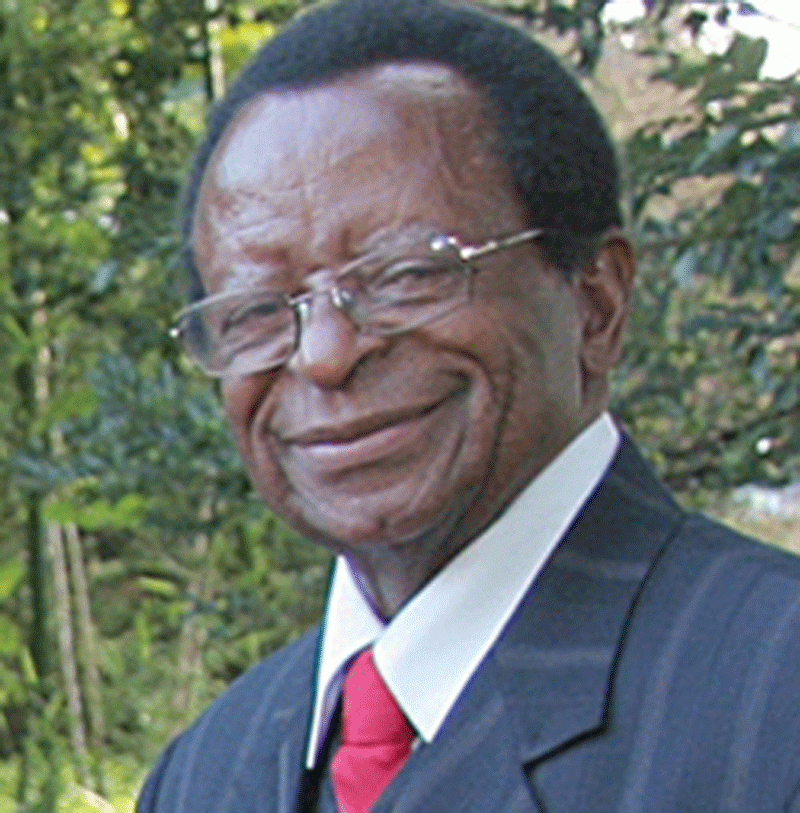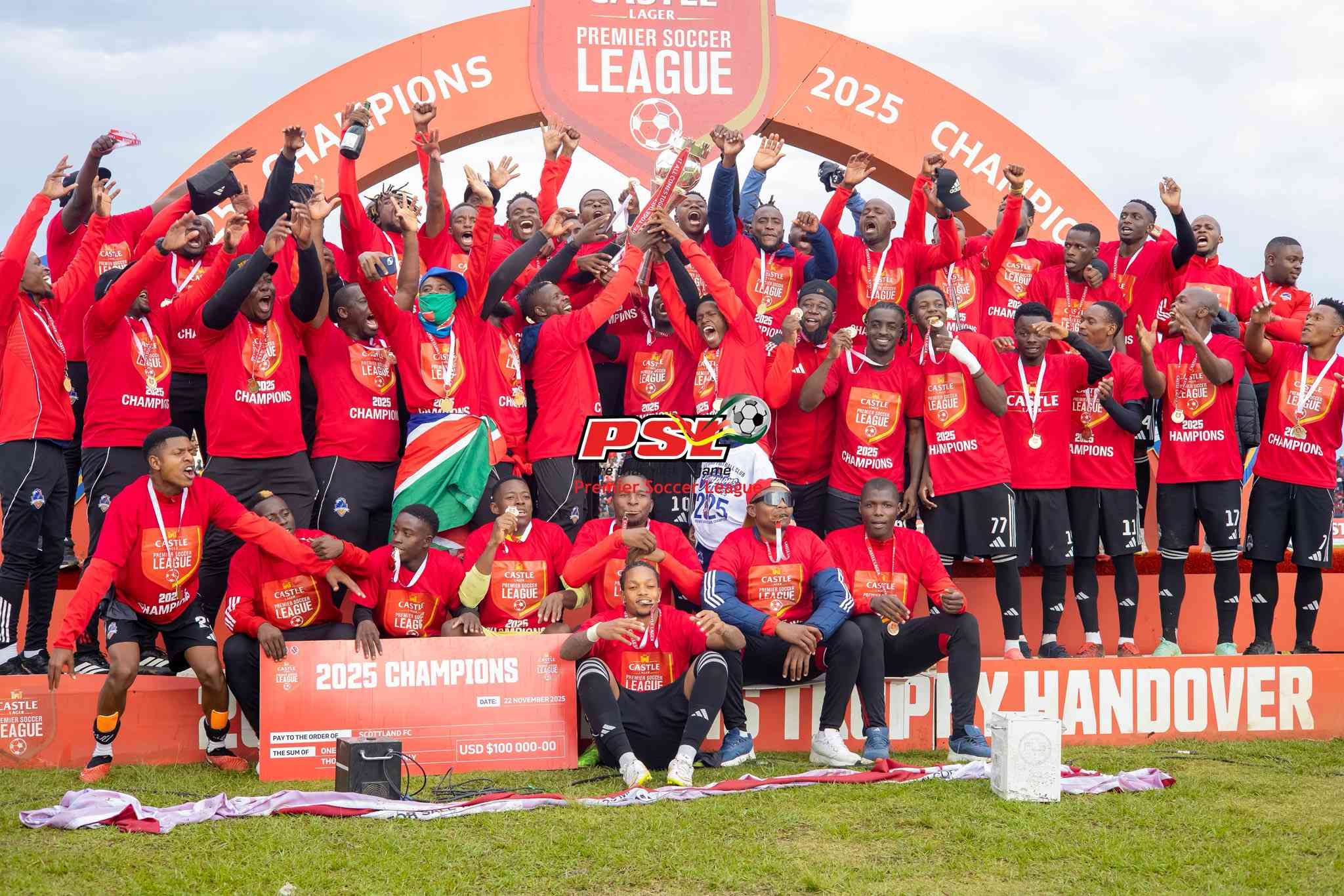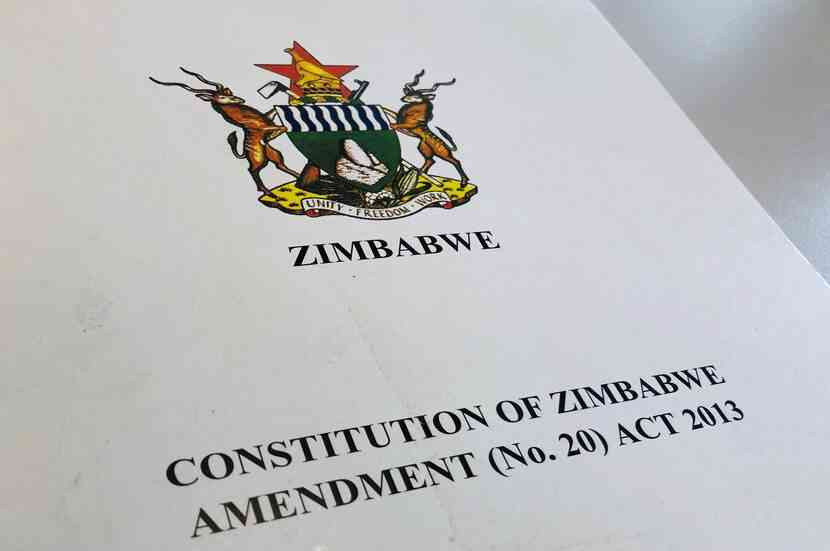
Zimbabwe stands today at a dangerous moment, as factional politics threatens to spiral out of control with unimaginable consequences.
The pressing question is whether the church and God’s people can offer solutions that can help the nation break free from its destructive cycles.
History shows us that in moments of national crisis, clergy, churches, and religious institutions have often been called to midwife key transitions.
We may once again be at such a point where only moral and spiritual leadership can guide Zimbabwe toward a more unifying path.
From the earliest struggles for independence, faith leaders were trusted with leadership because they were seen as figures able to rise above narrow ethnic or regional loyalties.
One of the first examples was Thompson Douglas Samkange, a Methodist minister born in 1893, who led the Southern Rhodesia Bantu Congress—arguably the first national organisation run by Black people.
His pastoral standing lent him credibility as a unifier. A generation later, another clergyman, Ndabaningi Sithole of the United Church of Christ in Zimbabwe (UCCZ), co-founded the Zimbabwe African National Union (Zanu) in 1963 after breaking from Joshua Nkomo’s Zimbabwe African People’s Union (Zapu).
While Sithole’s role was important in advancing the liberation struggle, it also birthed factionalism—introducing splits that would haunt Zimbabwean politics for decades.
- Mavhunga puts DeMbare into Chibuku quarterfinals
- Bulls to charge into Zimbabwe gold stocks
- Byo author eyes SA award
- Ndiraya concerned as goals dry up
Keep Reading
When nationalist movements were banned and leaders imprisoned in the 1960s and 1970s, yet another clergyman, Bishop Abel Muzorewa, was asked to provide caretaker leadership.
Through the African National Council (ANC), Muzorewa mobilised resistance to the Pearce Commission, which sought to impose a false compromise with colonialism.
He was trusted as a unifier because he stood outside the Zanu–Zapu split of 1963.
But when he transformed this caretaker role into a partisan project through his United African National Council (UANC), more splintering followed.
His brief and controversial tenure as prime minister of Zimbabwe-Rhodesia in 1979 failed to secure liberation, but he nonetheless played a role in the Lancaster House negotiations that ushered in independence.
Factionalism did not end in 1980.
During the liberation war itself, Zanu had manifested many divisions, sometimes along ethnic and regional lines. Lives were lost in the process.
Though Zanu and Zapu initially agreed to contest the independence elections of 1980 together under the Patriotic Front banner, Robert Mugabe and his colleagues broke the pact, entering the elections alone.
That betrayal deepened mistrust and sowed the seeds of conflict.
When Zanu-PF turned its power against PF-Zapu in the early 1980s, it unleashed the Gukurahundi massacres in Matabeleland and the Midlands, where thousands of innocent people were killed.
Again, violence—not persuasion or debate—was the instrument of choice.
In this dark chapter, clergy were again drawn in. Reverend Canaan Banana, became Zimbabwe’s first president at independence.
Though ceremonial, his role was meant to inspire confidence at home and abroad. Later, Banana contributed to the 1987 Unity Accord, which ended the Gukurahundi massacres, though it failed to eliminate factionalism.
Meanwhile, the Catholic Commission for Justice and Peace documented Gukurahundi’s atrocities, courageously preserving the truth in hopes of future healing. Yet decades on, the wounds remain raw and unresolved.
Factionalism soon spread to the opposition. The Movement for Democratic Change (MDC), launched in 1999 out of alliances among civil society, trade unions, and churches, initially embodied the promise of a new, unifying politics.
But personal rivalries and disregard of party constitution soon fractured the party.
Disputes among Morgan Tsvangirai, Welshman Ncube, Tendai Biti, Thokozani Khupe, and others splintered the movement.
Even at Tsvangirai’s funeral, violence threatened, with Khupe needing protection from Chamisa supporters. Once again, personality-driven politics proved stronger than institution building.
Within the ruling party, factionalism continued unchecked.
Robert Mugabe presided over decades of internal rivalries until his ouster in 2017, when the military-backed Lacoste faction displaced the G40 group.
That transition demonstrated a recurring truth in Zimbabwean politics: factions are rarely settled by dialogue or policy, but by force.
Today, as the succession debate resurfaces, tensions between President Emmerson Mnangagwa and Vice President Constantino Chiwenga raise the spectre of new confrontations.
If these rivalries are not peacefully resolved, they risk destabilising the armed forces and pushing the country toward yet another violent rupture.
What then is the role of the church? From Samkange to Sithole, Muzorewa to Banana, and most recently Father Fidelis Mukonori’s mediation during Mugabe’s ouster in 2017, clergy have been present at almost every turning point in Zimbabwe’s modern political journey.
Sometimes they succeeded, sometimes they failed—but they always mattered.
This is because factional struggles in Zimbabwe are never merely intra-party squabbles; they spill over into the lives of the entire nation.
Imagine the possibilities if Zanu and Zapu had stayed united from independence, or if MDC leaders had maintained their common vision.
Countless lives could have been saved, and Zimbabwe might today be more prosperous and stable.
Factionalism is destructive to national progress. Its violent resolutions have left deep scars, and this pattern cannot be allowed to continue.
At its core, Zimbabwe’s factionalism thrives on politics organised around personalities rather than institutions or ideas.
Leaders are idolised to the point where their word becomes law, constitutions are bent or ignored, and the destiny of the nation is mortgaged to individual ambitions.
The church must reject this culture.
The church must refuse to take sides in these factional contests.
Rather, it must challenge the idolatry of personality politics in both ruling and opposition parties.
The church must call for the strengthening of institutions that outlast individuals, and for unity around programmes, policies, and projects that foster abundant life for all Zimbabweans.
Only then can the church help the nation move beyond its cycles of division and violence.
Psalm 133 (Adapted for Zimbabwe):
How good and pleasant it is when Zimbabweans live together in unity!
It is like precious oil poured on the head, running down on the beard, running down on our forefathers’ beard, down on the collar of our grandmothers’ robes.
It is as if the dew of Mount Nyangani were falling on Zimbabwe and Khami Ruins.
On this unity, the Lord bestows his blessing, even life forevermore.











